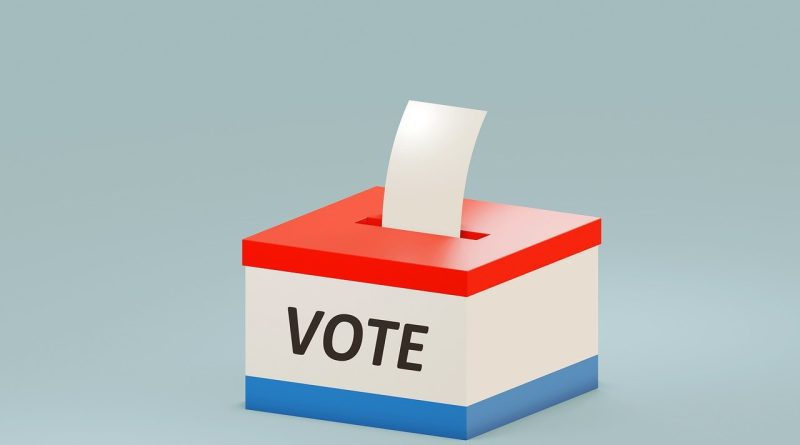Georgia Votes to End Unverifiable, Secretly Counted Elections
New Bills Deter Ballot Trafficking, Counterfeits and Ballot Box Stuffing
ATLANTA, GA — The Georgia General Assembly voted to ban unverifiable QR-coded voting and improve election transparency by making physical ballots public record before it adjourned for Sine Die just after midnight Thursday. New election security measures also require improved ballot chain of custody procedures to deter ballot trafficking and visible watermarks on all ballots to help detect ballot counterfeiting. The language further requires all absentee voting tabulation to be completed on Election Night to help prevent post-election ballot box stuffing.
SB189, an omnibus bill, ensures all physical ballots are subject to Georgia Open Records Request law so election results can be publicly verified. Ballots will be inspected or copied at requestor expense while in custody of county election officials. The bill requires all early voting and mail-in ballots received prior to Election Day to be tabulated by 8pm on Election Night. The bill also contains additional sign off and sealing procedures that counties must implement no later than January 1, 2025. It further gives the Secretary of State two years to eliminate the current voting system that accumulates votes hidden in QR codes. In addition, it includes clarifications for challenges of invalid voter roll entries intended to improve voter roll accuracy.
HB974 requires visible security watermarks for ballots so counterfeit ballots can easily be spotted by election workers. It also requires additional Risk Limiting Audits (RLA) for each election with optional tabulation audits and a gradually reduced RLA risk tolerance limit over the next few election cycles.
HB1207 further improves election transparency with meaningful access for poll watchers while providing specific protections for both poll workers and watchers. It also requires election workers to be U.S. citizens since they handle ballots and electronic images of ballots cast by Georgia voters who are all U.S. citizens.
The bills were championed by Senate Ethics Chair Max Burns and House Governmental Affairs Chair John LaHood. They include language from bills offered by Representatives Shaw Blackmon, Alan Powell and Tim Fleming as well as Senators Kay Kirkpatrick, Brandon Beach, Marty Harbin and Rick Williams.
SB189 and HB1207 passed on party line voting with most Republicans voting for them and most Democrats voting against them. Although Democrats have historically been strong advocates of election integrity that trend has changed since 2020. Opposition to the election integrity measures was led in the House by Representatives Saira Draper, Ruwa Romman and Stacey Evans and in the Senate by Sen. Derek Mallow.

